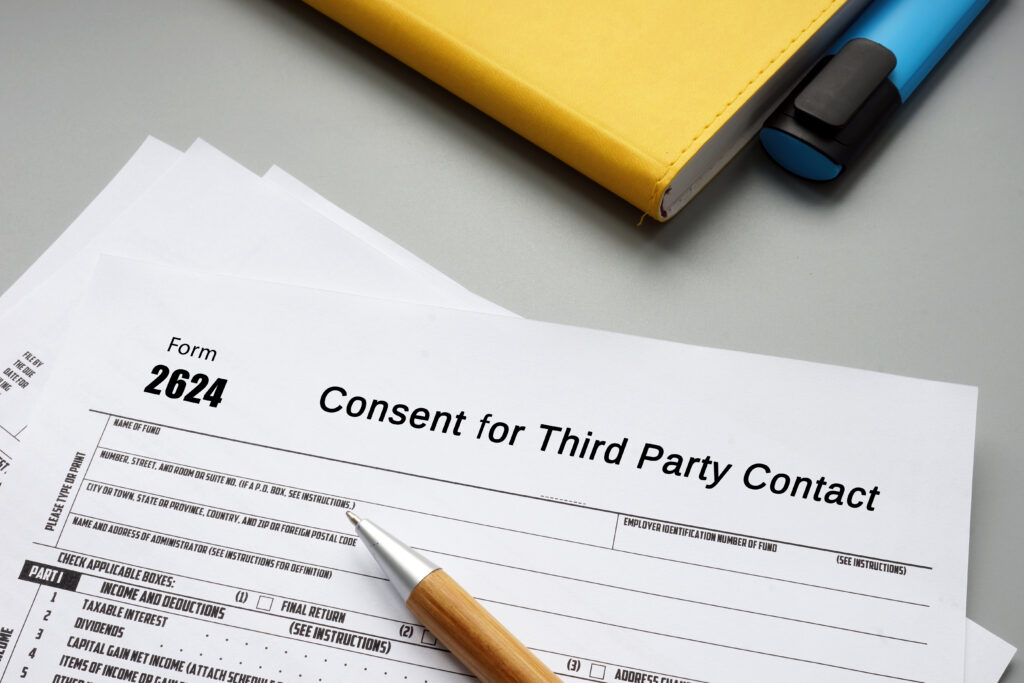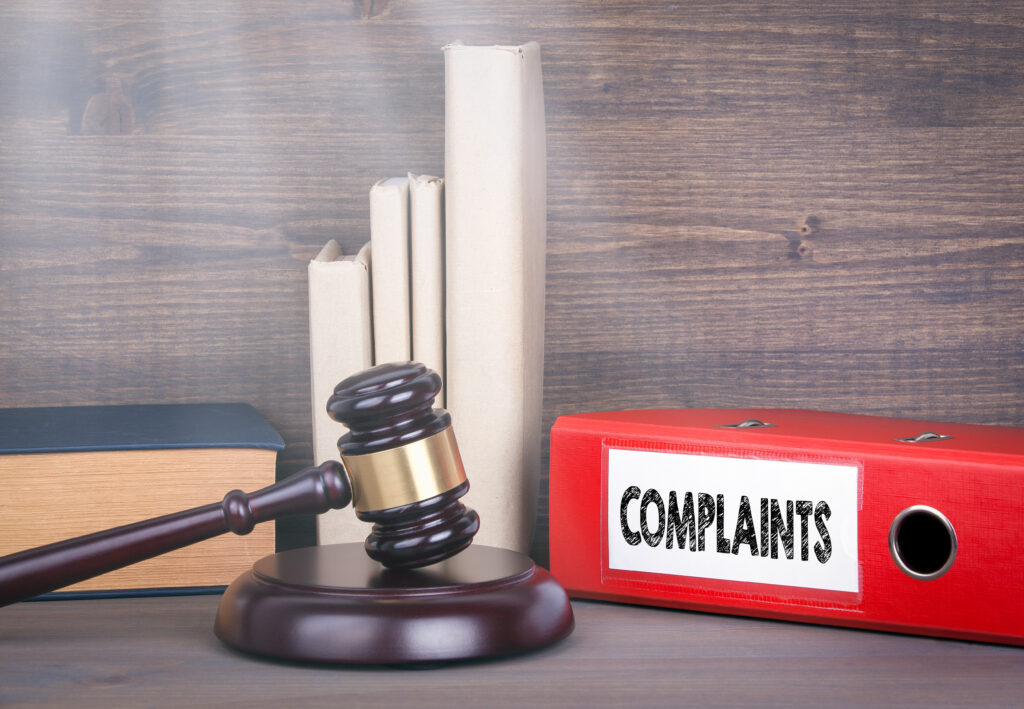If you ever dealt with debt collectors, you know how stressful and intimidating they are.
Unfortunately, some collectors use harassing, deceptive, or unfair practices to get consumers to pay up. You have rights under the Fair Debt Collection Practices Act (FDCPA). This federal law prohibits many abusive collection tactics and gives you tools to fight back against violations. If you need assistance in navigating the complexities of debt disputes, our San Diego FDCPA lawyer can be your trusted ally.
Debt Collector Harassment: Know Your Rights
You need to know your rights when it comes to debt-collector behavior. The FDCPA prohibits collectors from engaging in harassing, abusive, or deceptive practices.
This includes:
- Using profane or abusive language. A debt collector cannot swear at you or use other offensive language.
- Making threats of violence, arrest, or legal action they can't or don't intend to take. Collectors cannot threaten you with harm or falsely claim you've committed a crime.
- Calling repeatedly with the intent to harass or annoy you. While collectors can contact you, they can't do so excessively.
- Calling at unreasonable hours. Collectors generally can't call before 8 a.m. or after 9 p.m., unless you agree to it.
If a collector engages in any of these behaviors, they violate the law—and you have recourse. Keep detailed records of any abusive calls and consider contacting a consumer protection attorney to discuss your options.
The Truth About Debt Collection: Spotting False Statements
Debt collectors are also prohibited from making false or misleading statements in an attempt to collect a debt.
This means they can't:
- Falsely claim to be from a government agency.
- Misrepresent the amount you owe.
- Falsely imply you've committed a crime by not paying a debt. In reality, failing to pay a consumer debt is not a criminal offense.
- Threaten to seize your property or garnish your wages, unless they have a legal right and actual intent to do so.
If a collector lies to you or makes other false statements, they violate the FDCPA. Requesting validation of the debt can uncover these falsehoods and misrepresentations.
Protecting Your Privacy: Limits on Third-Party Contacts

Debt collectors generally cannot discuss your debt with anyone other than you, your spouse, or your attorney. They can contact third parties like your employer, friends, or family members, but only to try to locate you. They can't reveal that you owe a debt.
Collectors also can't contact third parties more than once (unless the person requests it) and can't communicate with them by postcard. If a collector discloses your debt to others or harasses your friends and family with repeated calls, they're breaking the law.
How to Report an FDCPA Violation
If a debt collector violates your rights under the FDCPA, you have several options for reporting the violation and seeking recourse:
- Send a cease-and-desist letter: If you want the debt collector to stop contacting you, you can send a written request telling them to cease further communication. Once the collector receives your letter, they can only contact you to inform you of specific actions, like filing a lawsuit. Keep a copy of your letter and send it via certified mail for proof of receipt.
- File a complaint with the CFPB: The Consumer Financial Protection Bureau (CFPB) accepts complaints about FDCPA violations. The CFPB will forward your complaint to the debt collector and work to get a response. They may also use complaints to identify patterns of misconduct requiring enforcement action.
- File a complaint with your state Attorney General: Many states have their own debt collection laws that provide additional protections. You can file a complaint with your state Attorney General's office, which may investigate and take action against collectors who violate state laws.
- Sue the debt collector: The FDCPA gives consumers the right to sue debt collectors in state or federal court for violations of the law. If you prevail, you may recover actual damages, statutory damages up to $1,000, and attorney's fees and costs. An experienced FDCPA attorney can advise you on whether this option makes sense for your situation.
How Do FDCPA and State Debt Collection Laws Work Together?
State laws regulating debt collection practices often provide additional protections for consumers. They may cover types of debt or collectors not included under the FDCPA.
For example, some state laws apply to original creditors collecting their own debts, while the FDCPA generally only covers third-party debt collectors. State laws may also have longer statutes of limitations for bringing a claim or allow for higher damages awards.
State laws cannot weaken the protections provided by the FDCPA. If a state law conflicts with the FDCPA, the federal law will prevail. In effect, the FDCPA sets a floor for consumer protection, while state laws can provide enhanced safeguards.
This means that consumers dealing with unfair or abusive collection practices may have claims under both the FDCPA and their state's fair debt collection law.
An experienced consumer protection attorney can help individuals understand their rights under all applicable laws and choose the best course of action for their situation.
Filing a complaint with the CFPB or Your State Attorney General

To file a complaint with the CFPB or your state Attorney General's office, collect any evidence of the FDCPA violations, such as call logs, voicemails, letters, or other communications from the debt collector.
Your lawyer may file the complaint online at the CFPB website or your state Attorney General's consumer complaint portal.
After you file your complaint, the CFPB or Attorney General's office will typically forward it to the debt collector and request a response. They may also investigate the collector's practices more broadly.
Filing a FDCPA complaint can help hold collectors accountable, but it's important to note that government agencies cannot provide individual legal representation.
You want a consumer protection attorney to handle this process to take advantage of their.
- Experience: An experienced FDCPA attorney will know exactly what information and evidence to include in the complaint to make the strongest possible case.
- Efficiency: Letting a lawyer handle the filing frees up the consumer's time and ensures the complaint is completed promptly and accurately.
- Advocacy: Having an attorney file the complaint sends a strong signal to the debt collector that the consumer is serious about enforcing their rights and is represented by a legal expert.
- Coordination with legal strategy: If the consumer is also considering a private lawsuit against the collector, having their attorney handle the complaint ensures a coordinated approach that supports their overall legal strategy.
You Have the Right to Dispute a Debt
One of the most important rights you have as a consumer is the ability to dispute a debt you believe is inaccurate or invalid.
Under the FDCPA, if you notify a collector in writing within 30 days of their initial contact that you dispute the debt, they must cease collection activities until they provide you with written verification of the debt.
An experienced FDCPA attorney can draft an effective dispute letter, advise you on what verification to request, and ensure the collector complies with their legal obligations. If the collector fails to properly validate the debt or engages in other FDCPA violations, your attorney can fight back and pursue legal action if necessary.
Contact Kazerouni Law for Help with Harassing Debt Collectors
At Kazerouni Law Group, we've helped countless clients defend against unfair collection practices. We know the strategies collectors use to intimidate consumers, and we use our legal knowledge to level the playing field.
Whether you need guidance on disputing a debt, putting a stop to collector harassment, or pursuing an FDCPA claim, we're here to help.
We offer free case evaluations where we can assess your situation and advise you of your options. And if we take your case, you won't pay any fees unless we recover for you. Don't let fear or uncertainty keep you from standing up for your rights.
Contact Kazerouni Law Group today. Together, we can work to resolve your situation and hold unscrupulous collectors accountable. Call our firm at 800-400-6808 or contact us online to talk to an experienced FDCPA lawyer.